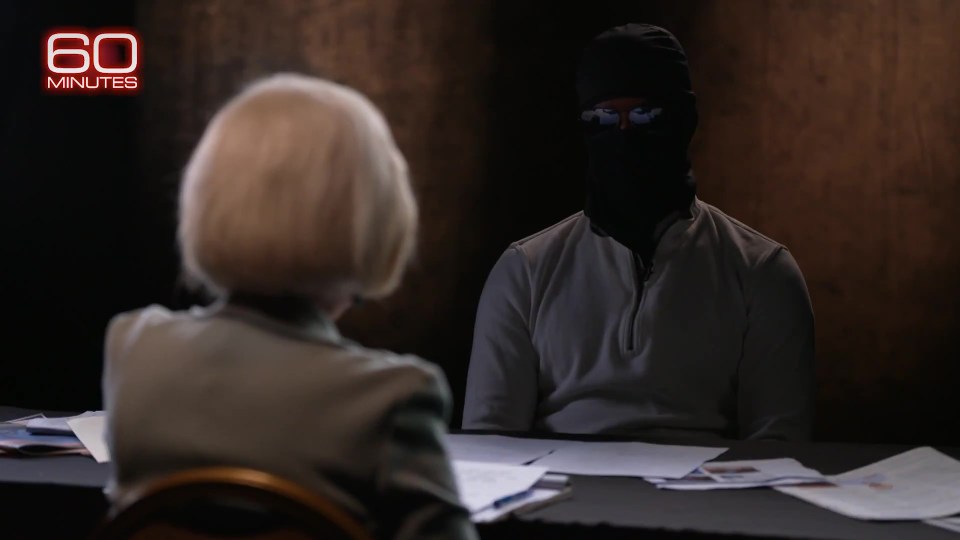Trans Activists Overwhelm Utah Tip Line: Will Real Concerns Get Lost in the Deluge of False Reports?
SALT LAKE CITY (AP) — Transgender activists have overloaded a Utah tip line set up to warn state officials of potential violations of a new bathroom law with thousands of phony reports, attempting to shield trans people and their allies from actual complaints that could lead to an investigation.
The onslaught has prompted Utah Auditor John Dougall, the state official tasked by law with overseeing the tip line, to lament being saddled with the onerous chore of sifting through phony complaints while also facing criticism for executing a rule he had no hand in creating.
“No auditor goes into auditing just to be bathroom monitors,” Dougall said Tuesday. “I think there were much better ways for the Legislature to go about addressing their concerns, rather than this ham-handed approach.” In the week since its establishment, the online tip line has received over 10,000 submissions, none of which appear real, he claimed. The form invites users to report public school staff who intentionally allow someone to use a facility reserved for the opposite gender.
Utah residents and tourists are compelled by law to use toilets and changing rooms in government-owned institutions that match their birth gender. As of last Wednesday, schools and agencies that fail to enforce the new limitations might face fines of up to $10,000 per day for each violation.
Although their advocacy efforts failed to prevent Republican politicians in many states from enacting transgender restrictions, the community has been successful in interfering with the frequently ill-conceived enforcement measures that accompany this legislation. Within hours after its release Wednesday night, trans activists and community members from across the United States had extensively shared the Utah tip line on social media. Many people published their spam submissions and encouraged others to do the same.
Their attempts are the latest attempts by advocates to shut down or make inoperable a government tip line that they claim fosters division by inciting citizens to snitch on one another. Similar portals in at least five other states have also been overwhelmed with phony claims, prompting state officials to shut them down.
In Virginia, Indiana, Arizona, and Louisiana, activists jammed tip lines set up to receive complaints against teachers, librarians, and school administrators who may have discussed racism, LGBTQ+ identities, or other themes lawmakers deemed unsuitable for children. The Virginia tip line was deactivated within a year, as was a tip line established in Missouri to report gender-affirming healthcare facilities.
Erin Reed, a famous trans activist and legislative researcher, stated that the trans community understands that submitting these false reports is an effective strategy to protest the legislation and safeguard trans persons who may be attacked.
“There will be people who are trans that go into bathrooms that are potentially reported by these sorts of forms, and so the community is taking on a protective role,” Reed stated. “If there are 4,000, 5,000, 6,000 form responses that are entered in, it’s going to be much harder for the auditor’s office to sift through every one of them and find the one legitimate trans person who was caught using a bathroom.”
The auditor’s office has met many claims that Dougall described as “total nonsense,” as well as some that appear convincing at first sight but require much longer to weed out. His team has spent the last week sifting through thousands of well-crafted allegations alleging false identities or localities.
Despite efforts to jam the enforcement tool provided in the measure, the sponsors, Rep. Kera Birkeland and Sen. Dan McCay said they are still confident in the tip line and the auditor’s capacity to weed out bogus reports. “It’s not surprising that activists are taking the time to send false reports,” Birkeland stated. “But that isn’t a distraction from the importance of the legislation and the protection it provides women across Utah.”
The Morgan Republican had framed the regulation as a safety measure to preserve women’s and girls’ privacy, without giving any proof of transgender people threatening or assaulting them. McCay said he had no idea activists were responsible for overloading the tip line. The Riverton Republican said he has no plans to change how the legislation is implemented.
LGBTQ+ rights advocates have also warned that the law and the related tip line give people permission to question anyone’s gender in public places, which they believe could affect those who are not transgender.
Their warnings were echoed earlier this year when a Utah school board member was chastised — and later lost her reelection bid — for openly querying the gender of a high school basketball player she mistakenly presumed was transgender.











